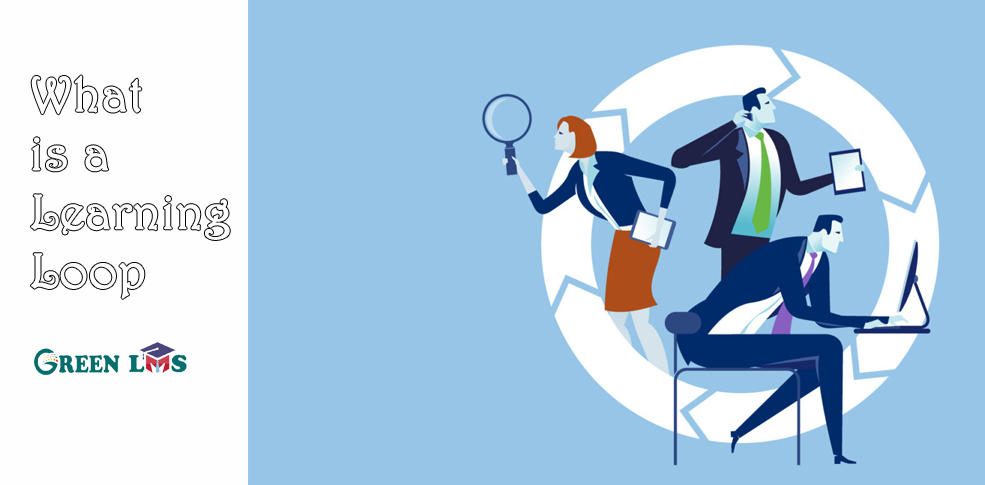The Ultimate Guide to Mastering Continuous Learning
In today’s ever-changing world, where innovation and adaptability are essential for success, continuous learning is no longer just a buzzword but a necessity. Whether you’re a student navigating the academic landscape, an entrepreneur venturing into uncharted territories, or a seasoned professional aiming to stay ahead of the curve, the ability to continuously learn, adapt, and grow is paramount. At the heart of effective learning lies the concept of the learning loop, a cyclical process that enables individuals to transform experiences into knowledge, understanding, and ultimately, actionable insights.
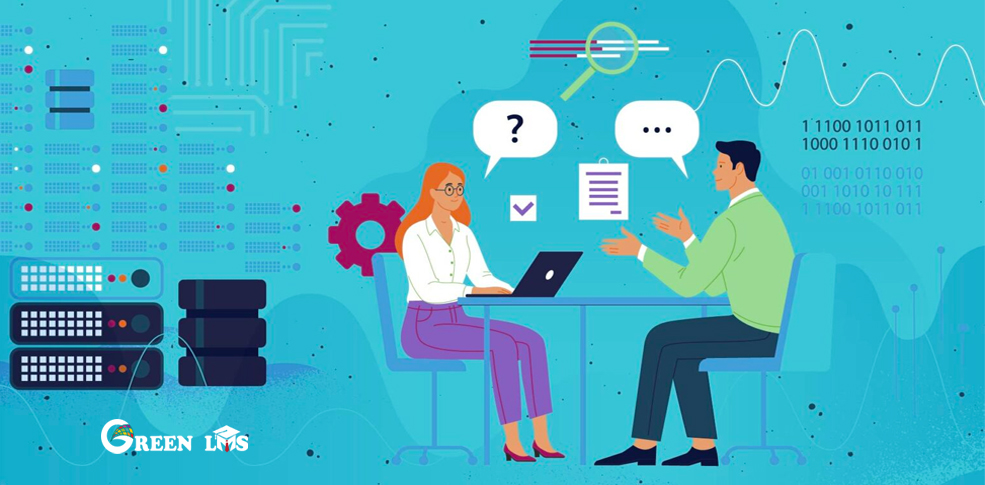
Delving into the Learning Loop
The learning loop, often depicted as a circular diagram, represents a continuous cycle of four key phases:
1. Experimentation: The first step involves actively engaging in new experiences, exploring concepts, and trying out new approaches. This phase encourages curiosity, risk-taking, and a willingness to step outside one’s comfort zone. It’s about venturing into the unknown, embracing the unconventional, and seeking out opportunities to expand your horizons.
2. Reflection: After engaging in experimentation, individuals pause to reflect on their experiences, analyze outcomes, and identify patterns. This phase involves asking critical questions, seeking feedback, and drawing insights from both successes and failures. It’s about stepping back, taking stock, and making sense of what has transpired.
3. Generalization: The reflection phase culminates in generalization, where individuals extract overarching principles, rules, or strategies from their specific experiences. This allows them to apply their newfound knowledge to broader contexts and solve similar problems in the future. It’s about connecting the dots, identifying common threads, and distilling universal lessons from unique experiences.
4. Application: Finally, individuals apply their generalized knowledge to new situations, testing its validity and refining their understanding. This phase involves practical implementation, problem-solving, and continuous adaptation. It’s about putting theory into practice, testing hypotheses, and learning through trial and error.
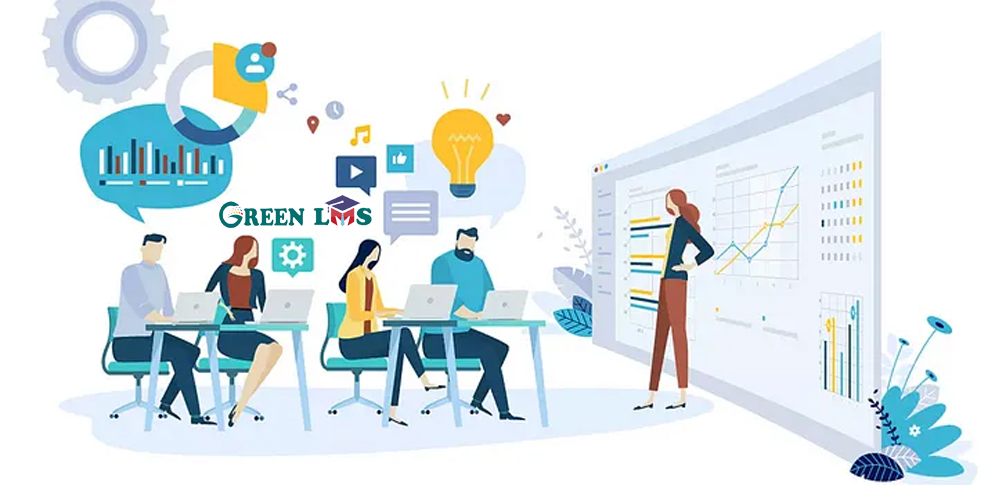
Exploring the Nuances of Learning Loops
The learning loop is not a one-size-fits-all approach; it can manifest in various forms depending on the learning context:
1. Single-loop learning: This basic form of learning focuses on making incremental improvements to existing processes or skills. It involves identifying errors, correcting them, and repeating the cycle to enhance efficiency. It’s about fine-tuning the familiar, optimizing existing practices, and making gradual progress.
2. Double-loop learning: Double-loop learning delves deeper into the underlying assumptions and beliefs that guide actions. It involves questioning the status quo, challenging existing paradigms, and seeking transformative changes that lead to fundamental improvements. It’s about questioning the fundamental principles, challenging the way things are done, and seeking breakthrough innovations.
3. Adaptive learning: Adaptive learning loops are dynamic and responsive to changing circumstances. They involve continuous monitoring of performance, adapting to new information, and refining strategies based on real-time feedback. It’s about embracing the fluid nature of learning, adapting to evolving contexts, and staying ahead of the curve.
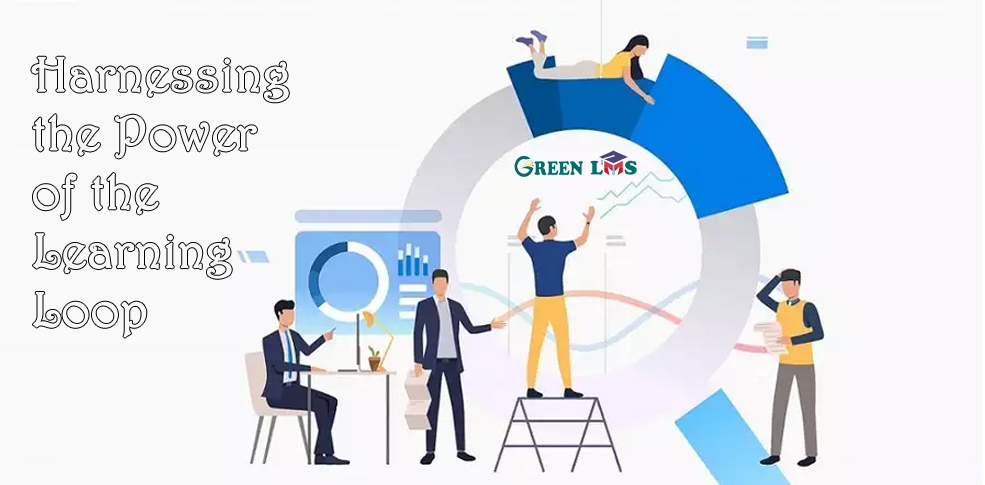
Harnessing the Power of the Learning Loop
The learning loop offers a myriad of benefits for individuals and organizations alike:
1. Enhanced understanding: The cyclical nature of the learning loop promotes deeper comprehension and retention of knowledge. It’s about not just acquiring information but making it stick and transforming it into actionable insights.
2. Improved decision-making: By reflecting on experiences and generalizing principles, individuals make more informed and effective decisions. It’s about navigating complexity with clarity, making sound judgments, and choosing the right course of action.
3. Increased adaptability: Continuous learning fosters the ability to adapt to new challenges and opportunities, leading to greater innovation and resilience. It’s about embracing change, navigating uncertainty, and thriving in a dynamic world.
4. Personal and professional growth: The learning loop empowers individuals to expand their knowledge, skills, and expertise, contributing to personal and professional development. It’s about unlocking one’s potential, reaching new heights, and achieving remarkable results.
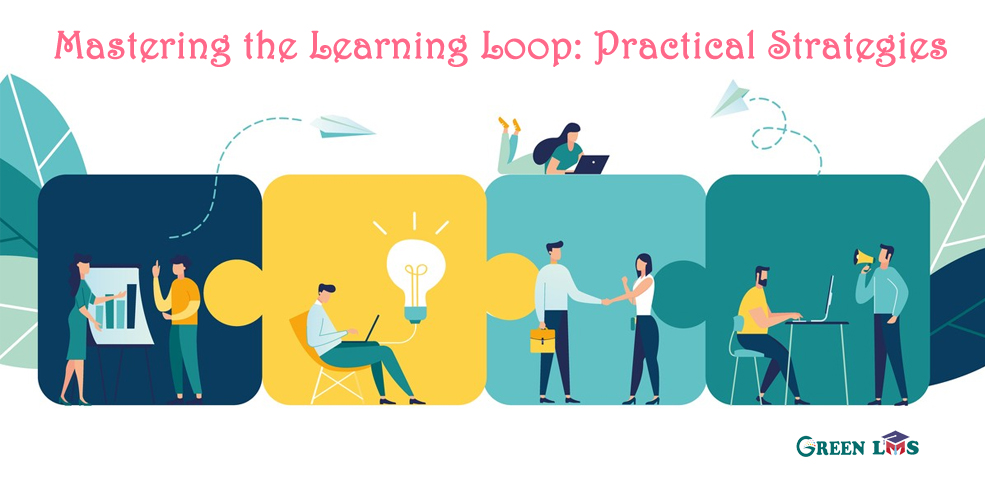
Mastering the Learning Loop: Practical Strategies
Effectively integrating the learning loop into one’s life requires a deliberate and proactive approach, encompassing a range of practical strategies:
1. Set Clear Learning Goals: Establish specific, measurable, achievable, relevant, and time-bound (SMART) objectives to guide your learning journey. Knowing what you want to achieve provides direction and focus, allowing you to tailor your learning activities effectively.
2. Embrace a Growth Mindset: Cultivate a growth mindset, believing that your abilities can be developed through dedication and effort. This mindset encourages you to view challenges as opportunities for learning, embracing setbacks as stepping stones to progress.
3. Seek Out New Experiences: Actively seek out new experiences, stepping outside your comfort zone to expand your horizons. Engage in diverse activities, connect with people from different backgrounds, and explore unfamiliar territory.
4. Ask Thought-Provoking Questions: Cultivate a curious mind, constantly questioning assumptions, challenging conventional wisdom, and seeking deeper understanding. Ask “why,” “how,” and “what if” questions to unravel underlying principles and uncover new perspectives.
5. Engage in Active Learning: Employ active learning techniques, engaging with the material in a hands-on, participatory manner. This includes summarizing key points, creating mind maps, and discussing concepts with others.
6. Seek Feedback and Mentorship: Actively seek feedback from mentors, peers, and experts to gain valuable insights and perspectives on your progress. Feedback provides an external lens, helping you identify areas for improvement and refine your approach.
7. Reflect Regularly: Dedicate time for regular reflection, revisiting your experiences, analyzing outcomes, and drawing connections. Reflection allows you to extract valuable lessons, identify patterns, and make meaningful connections between your experiences and broader concepts.
8. Practice Self-Discipline: Cultivate self-discipline, committing to consistent learning practices and making time for deliberate learning activities. This dedication ensures that learning remains a priority amidst competing demands.
9. Celebrate Accomplishments: Acknowledge and celebrate your achievements, no matter how small, to reinforce positive behavior and maintain motivation. Recognizing progress fuels your enthusiasm and encourages continued learning.
10. Apply Your Learning: Actively apply your newfound knowledge and skills to real-world situations, testing their validity and refining your understanding. Practical application cements learning and fosters continuous improvement.
11. Embrace Continuous Learning: View learning as a lifelong journey, not a destination. Embrace continuous learning as a habit, seeking opportunities to expand your knowledge and skills throughout your life.
12. Share Your Knowledge: Share your learnings with others, fostering a culture of knowledge exchange and collective growth. Sharing not only benefits others but also reinforces your understanding through the act of articulation and teaching.
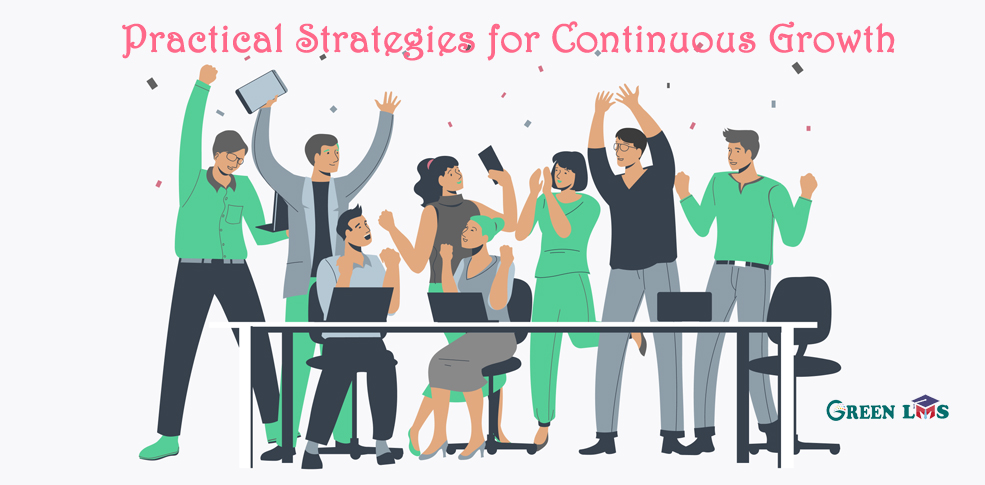
Empowering Yourself with the Learning Loop: Practical Strategies for Continuous Growth
Effectively integrating the learning loop into one’s life requires a deliberate and proactive approach, encompassing a range of practical strategies:
Set Clear Learning Goals: Establish specific, measurable, achievable, relevant, and time-bound (SMART) objectives to guide your learning journey. Knowing what you want to achieve provides direction and focus, allowing you to tailor your learning activities effectively.
Embrace a Growth Mindset: Cultivate a growth mindset, believing that your abilities can be developed through dedication and effort. This mindset encourages you to view challenges as opportunities for learning, embracing setbacks as stepping stones to progress.
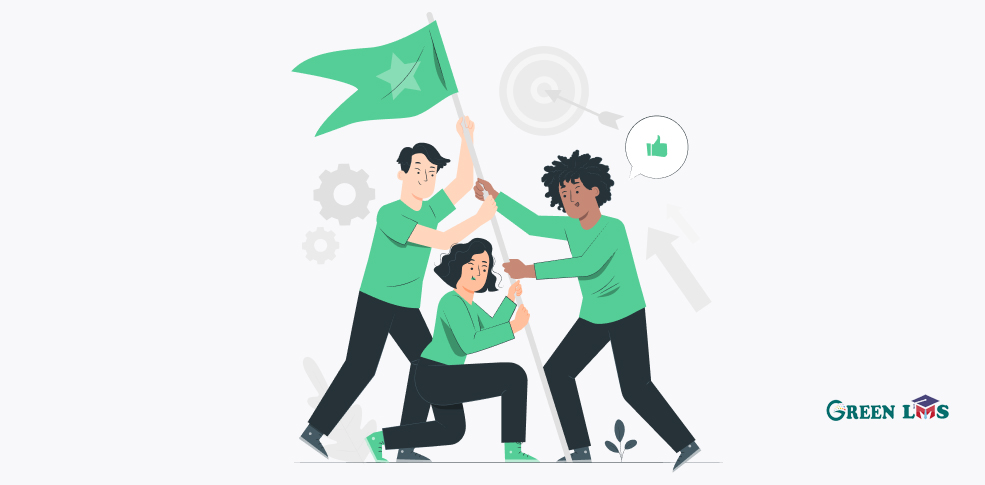
Conclusion
The learning loop is a powerful tool that empowers individuals to embark on a continuous journey of learning, growth, and transformation. By embracing experimentation, reflection, generalization, and application, individuals can transform experiences into valuable knowledge, enhance their understanding of the world, and achieve remarkable personal and professional growth. As you navigate the ever-changing landscape of life, remember that the learning loop is your guide, your compass, and your key to unlocking your boundless potential.
With Green LMS, you can transform your learning journey and experience the true power of continuous learning. This cloud-based LMS offers a comprehensive suite of features tailored for various applications, including higher education, schools, corporate settings, and businesses. Explore the potential of Green LMS firsthand by signing up for a free lifetime Business LMS with a user limit. This allows you to experience the full scope of features that Green LMS provides, and to assess if it is the right fit for your training and development needs. Ready to leap into efficient and effective online learning and training management? Click here for Free LMS.
With Green LMS, you can:
- Create engaging and interactive learning experiences for students and employees of all ages.
- Track learner progress and provide personalized feedback to enhance learning outcomes.
- Manage your training and development programs seamlessly, saving time and resources.
- Empower your organization with a powerful learning platform that drives continuous improvement and success.
Embrace the learning loop with Green LMS and unlock your organization’s full potential. Find more details about LMS for Corporate, LMS for Schools. LMS for University & College.

